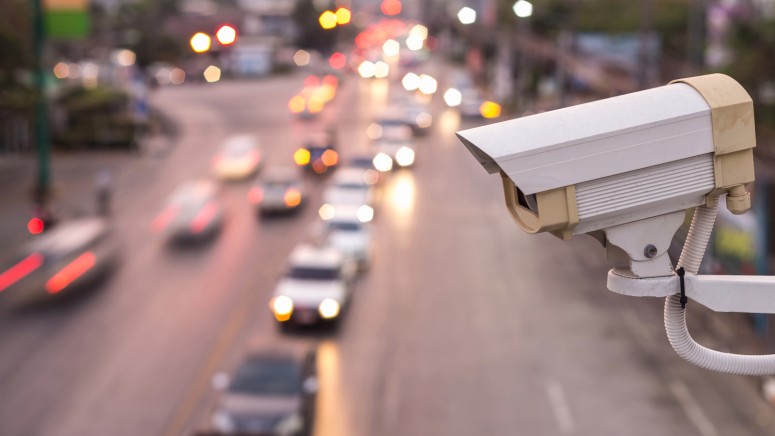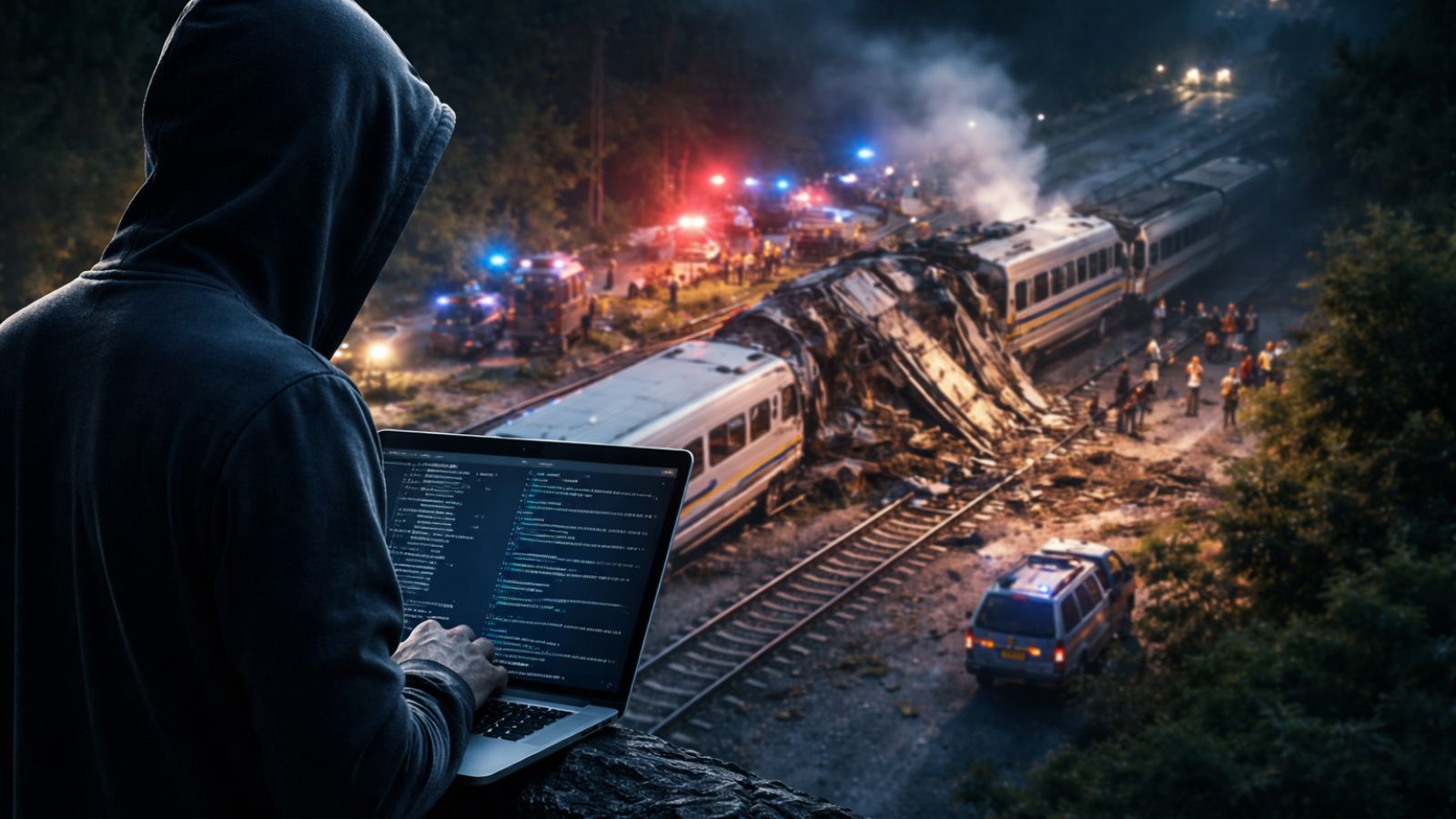
US Cities Halt ALPR Cameras Due to Privacy Concerns as Municipalities Re-evaluate Surveillance Technology
- Growing trend: Several U.S. cities, including Cambridge, MA, and Eugene, OR, are halting the use of automated license plate reader cameras.
- Privacy violations: The primary drivers are concerns about data-sharing practices and potential misuse in criminal investigations.
- Key vendor: Flock Safety, a major ALPR camera provider, is at the center of the controversy due to allegations of sharing data from local partners with outside agencies.
A growing number of cities across the U.S. are pausing or ending their contracts for automated license plate readers (ALPRs) amid significant public backlash and privacy concerns. Cities such as Cambridge, Massachusetts; Eugene, Oregon; and Austin, Texas, have recently taken steps to deactivate their camera networks.
This reversal follows reports and audits revealing how data collected by this surveillance technology is being shared and utilized, often in ways that local officials and residents find troubling.
Flock Safety Data Sharing at the Core of Concerns
The controversy largely centers on Flock Safety, a prominent manufacturer of ALPR cameras. Investigations and audits have raised serious ALPR cameras privacy concerns, revealing instances where data collected by city-operated cameras was shared with external law enforcement bodies, including federal immigration authorities.
For example, Evanston, Illinois, deactivated its cameras after a state audit found that Flock Safety data sharing practices violated state law. The company reportedly reinstalled the cameras, which were then covered by authorities. Yet, police in Eugene argued that these helped investigate burglaries targeting Asian business owners.
Council members in other cities have expressed alarm over the use of ALPR data to track individuals for reasons outside the intended scope, such as monitoring women seeking legal abortions in other states.
“Flock data has been used and requisitioned by federal immigration officials for work that I don't want us to be cooperating on,” Cambridge City Councilor Patty Nolan said. “It's not our job to do their work.”
The Debate Between Law Enforcement and Privacy Advocates
While police departments argue that ALPR cameras are a critical tool for investigating crimes like burglaries and organized retail theft, privacy advocates and some city officials remain unconvinced.
Opponents argue that the mass collection and algorithmic analysis of vehicle movement data constitute an unacceptable level of surveillance. There is also skepticism about the technology's proven effectiveness in reducing crime.
As a result, cities are now demanding greater transparency and stricter guardrails to prevent data misuse before continuing or renewing contracts with ALPR providers.
Meanwhile, law enforcement agencies using Flock's platform will be able to request video footage from Ring camera owners, following an announced partnership between Ring, the Amazon-owned home security company, and Flock Safety.
Earlier this year, misconfigured Motorola ALPRs revealed the live streams of individual cameras across the U.S., exposing collected data (such as high-resolution pictures of vehicles and their license plates, locations, and timestamps) to the public internet.








